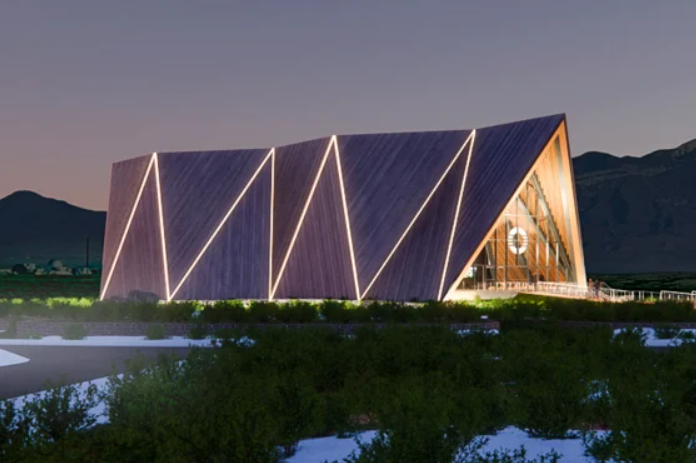The AI industry is pushing a nuclear power revival — partly to fuel itself
Source: Bella Aldrete, Jacob Ward and Emily Pandise | · NBC NEWS · | March 7, 2024
A nuclear startup backed by OpenAI chief Sam Altman wants to power data centers and homes alike. It’s racing against surging demand while working to satisfy regulators.
Tech firms and Silicon Valley billionaires have been pouring money into nuclear energy for years, pitching the sustainable power source as crucial to the green transition. Now they have another incentive to promote it: artificial intelligence.
While generative AI has grown at lightning speed, nuclear power projects are heavily regulated and usually advance at a plodding pace. That’s raising questions about whether advances in nuclear energy can cut emissions as swiftly as energy-guzzling AI and other fast-growing technologies are adding to them.
“If you were to integrate large language models, GPT-style models into search engines, it’s going to cost five times as much environmentally as standard search,” said Sarah Myers West, managing director of the AI Now Institute, a research group focused on the social impacts of AI. At current growth rates, some new AI servers could soon gobble up more than 85 terawatt hours of electricity each year, researchers have estimated — more than some small nations’ annual energy consumption.
“I want to see innovation in this country,” Myers West said. “I just want the scope of innovation to be determined beyond the incentive structures of these giant companies.”
Oklo is one of the nuclear startups backed by Sam Altman, the CEO of OpenAI who has described AI and cheap, green energy as mutually reinforcing essentials to achieving a future marked by “abundance.”
“Fundamentally today in the world, the two limiting commodities you see everywhere are intelligence, which we’re trying to work on with AI, and energy,” he told CNBC in 2021 after investing $375 million in Helion Energy, a nuclear fusion startup that Altman chairs. Microsoft last year agreed to buy power from Helion starting in 2028. Oklo, which Altman also chairs, is focused on the opposite reaction, fission, which generates energy by splitting an atom; fusion does so by merging atomic nuclei.

